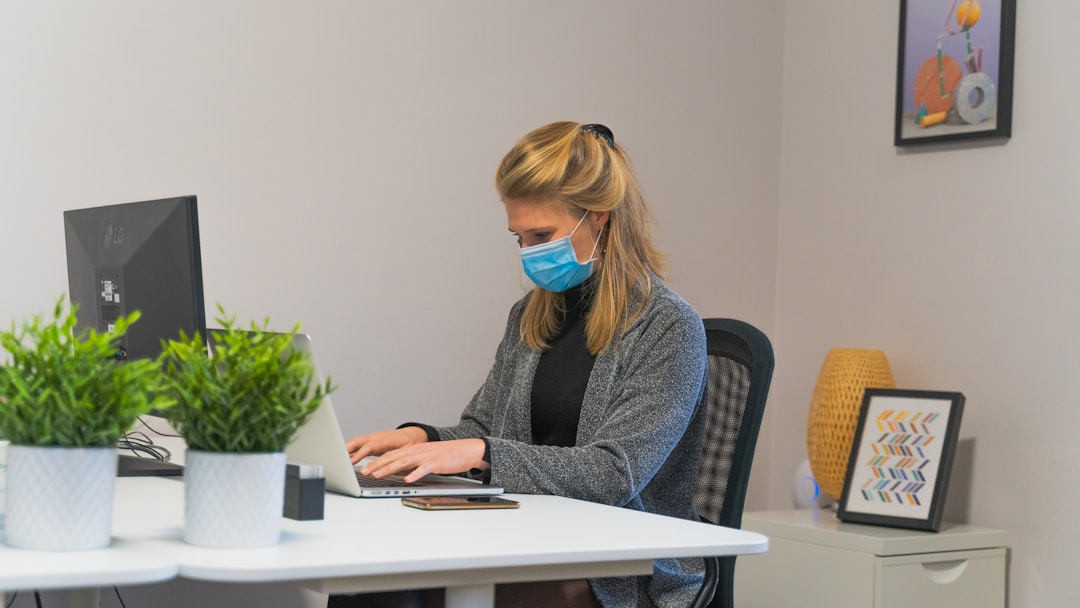Every new business must protect its data, property, and assets. With the world getting more sophisticated and the ‘bad guys’ discovering new tricks to evade security, it’s imperative for businesses always to be a step ahead of them. The big question is how? This article offers five important ways.
1. Use a digital surveillance system.

Every business must have an online presence in this day and age—be it a personal website, social media page, or both. When conducting business online, cybersecurity is vital, and companies like Life Raft can help on that front.
Their navigator platform scours the digital space to fish out potential threats. It automates the data gathered, analyzes it, and then identifies ‘security threats.’ It then sends alerts and notifications of these threats in real-time. You, therefore, have ample time and space to react promptly with the best solution. The assistance this tool offers transcends all industries and can be aptly used for even short-term events.
It’s important to note, however, that this solution is for responding to physical attacks to your building or workers. It’s not a traditional cybersecurity system.
2. Consult the experts.

Many business owners try and cut corners to avoid spending money. They’ll try to manage their security needs with no expert help, or they’ll opt for sub-standard security measures. This can be extremely risky. Although it might save you money, unfortunately, cutting corners is suicidal for your business. Imagine knowing the bomb-sniffing dog at the airport was just a local breed picked off the streets and simply assigned to that task, with no training whatsoever. Would you be comfortable?
In the same vein, you shouldn’t engage substandard products and services for your security needs. Use the services of experts‚Äîbe it for physical security, cybersecurity, or financial security. Companies that offer such services are adept at their skills, knowledge, and implementation. What’s more, they’re usually certified by the regulatory bodies, and thus, have verified proof of their competence.
3. Be proactive and alert.

Some businesses are usually reactionary in their approach to security issues. Sadly, this only leads to unfortunate outcomes, rendering their responses too late. Let’s look at a pervasive example. Instead of engaging the services of a security company that would offer the right kind of needed services to deter criminals from approaching their facility, some companies will instead wait until an unfortunate event takes place.
The problem with this approach is that the average police response time is thirty mins. By that time, there may have been an unquantifiable property loss and, worse yet, even loss of lives. The best the police would be able to do is arrest the criminals and recover a few properties. Hence, being proactive isn’t an option; it’s a must.
4. Try to back up data and files.

Ensuring that you can’t lose your data is an apt basis to enhance your company’s smooth operation. It doesn’t matter if you’re using extra storage devices or engaging the services of experts in cloud computing.
5. Think beyond the office space.

If your personal and company information is on social media, you’ll need to safeguard that space. Also, think about how you’ll protect the integrity of your releases. Consider, for example, your online podcasts. Furthermore, if your business offers extracurricular bonding activities, e.g. meetups, how will you provide security for members? Do you have the right survival equipment?
All in all, the above-listed ways are vital to ensure the efficient security of your organization. However, let’s not forget that safety goes beyond physical. What about environmental? For example, what measures are you taking to contain the spread of Covid-19? Are you keeping your staff abreast with the latest science? Are you monitoring your carbon dioxide emission and doing your bit to limit climate change? Security is multi-layered and multi-faceted. It’s up to you, the business owner, to make the right decisions to provide comprehensive security.






